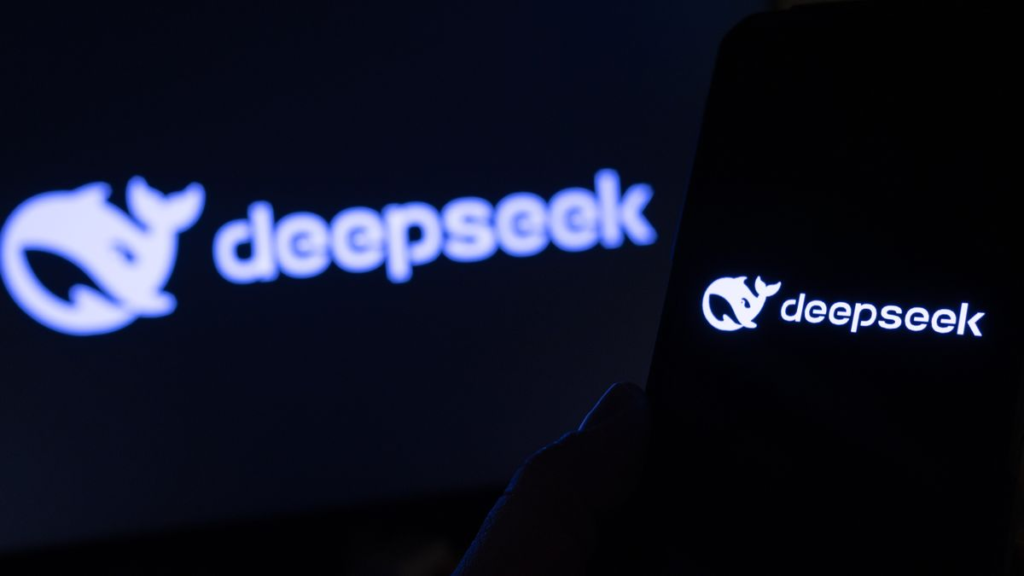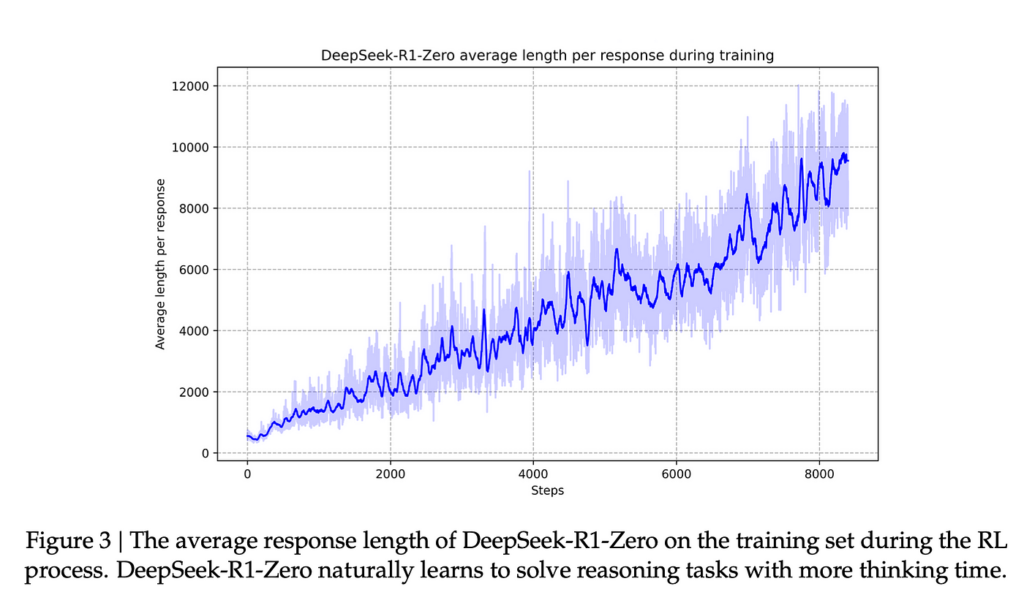
DeepSeek, a fast-growing Chinese artificial intelligence startup, announced Monday that it is temporarily restricting new user registrations due to “large-scale malicious attacks” targeting its services. While the registration freeze impacts new users, existing users can continue accessing their accounts without interruption.
The news comes as DeepSeek’s AI Assistant soared past OpenAI’s ChatGPT to become the most-downloaded free app on Apple’s App Store in the United States. This milestone reflects its growing reputation as a formidable rival to ChatGPT, Google’s Gemini, and other leading generative AI platforms. The announcement, however, has already sent ripples through global tech markets, prompting a sell-off in shares of competing companies.

DeepSeek’s Meteoric Rise in the AI Race
Founded in 2023, DeepSeek quickly transitioned from obscurity to becoming one of the most talked-about names in the artificial intelligence sector. Last week, the company unveiled its groundbreaking R1 model, a reasoning-based AI system designed to rival OpenAI’s GPT models. R1’s open-source nature has made it a favorite among developers, positioning DeepSeek as a disruptor in the AI landscape.
The release of R1 not only boosted DeepSeek’s popularity but also intensified the competitive arms race in generative AI. Analysts believe the technology sector is witnessing a “fear of missing out” dynamic, as both established tech giants and startups scramble to secure their positions in a market projected to generate over $1 trillion in revenue within the next decade.
Cybersecurity Concerns Amid Growing Popularity

DeepSeek’s rapid ascent has come with challenges, including Monday’s revelation of a large-scale cyberattack on its services. The company has not disclosed specific details about the nature or scope of the attack but confirmed that user accounts remain secure.
Cybersecurity experts warn that such incidents highlight the vulnerabilities faced by fast-scaling AI startups, especially as they compete on a global stage.
“This kind of attack underscores the importance of robust security measures, particularly for companies in sensitive, high-stakes industries like artificial intelligence,” said a senior analyst at a cybersecurity firm.
How DeepSeek Defied Industry Norms
DeepSeek’s innovative approach has drawn attention for more than just its AI capabilities. The company reportedly emerged from the AI research unit of a Chinese hedge fund in April 2023, focusing on developing large language models (LLMs) and pursuing artificial general intelligence (AGI).
Despite U.S. restrictions on chip exports to China—tightened three times in recent years—DeepSeek managed to develop the R1 model at a fraction of the cost of its competitors. Jefferies analysts estimate the R1’s training cost at just $5.6 million, significantly less than models by Meta, OpenAI, or Anthropic.
DeepSeek’s cost-efficiency raises critical questions about whether the AI industry’s massive funding rounds and billion-dollar valuations are sustainable or indicative of a looming bubble.

Market Implications and Industry Fallout
The rise of DeepSeek, coupled with its cybersecurity challenges, has further fueled debates about the sustainability of the AI sector’s growth. Analysts are questioning whether the industry is overhyped or if DeepSeek’s efficient model is proof that innovation can thrive under constrained resources.
Meanwhile, DeepSeek’s success has already impacted competitors. The dethroning of ChatGPT from the top spot on the App Store, coupled with heightened investor interest in DeepSeek, has shaken confidence in some of the sector’s most established players.
As DeepSeek works to address the cybersecurity attack and stabilize its services, the broader AI community is watching closely. Whether this startup can maintain its meteoric rise amid challenges remains to be seen.

























